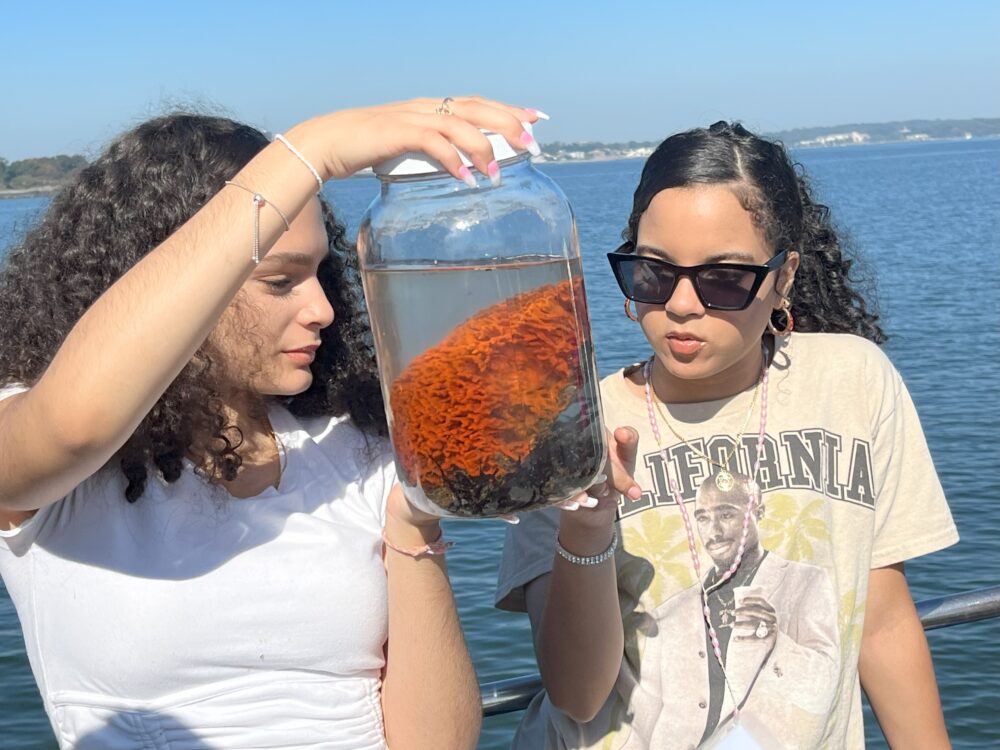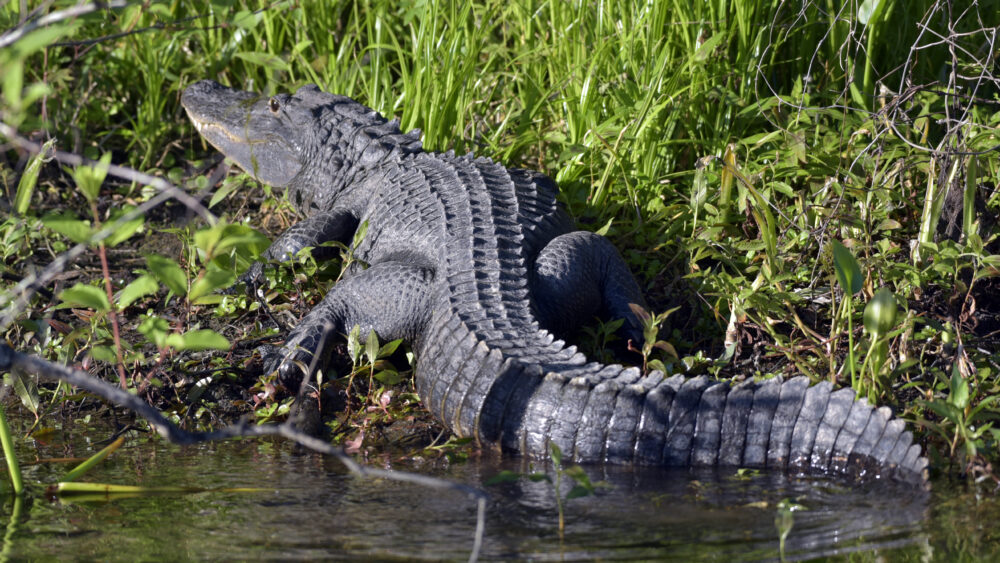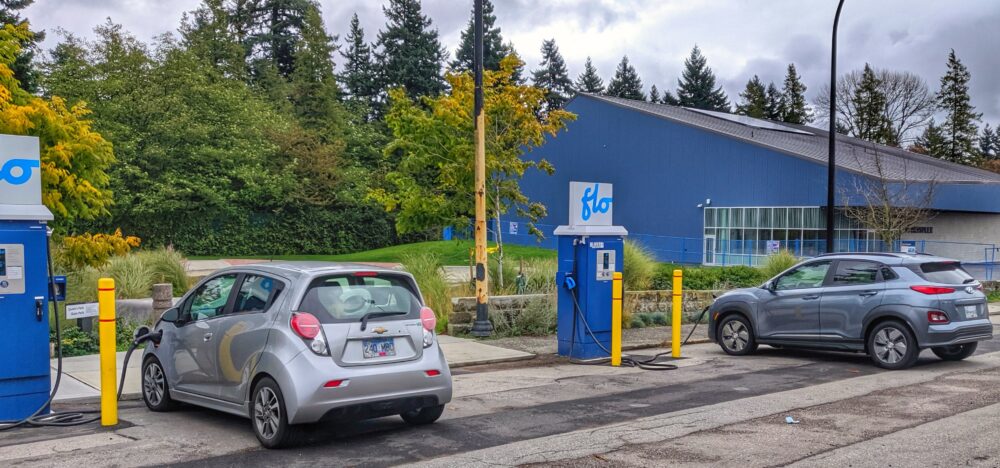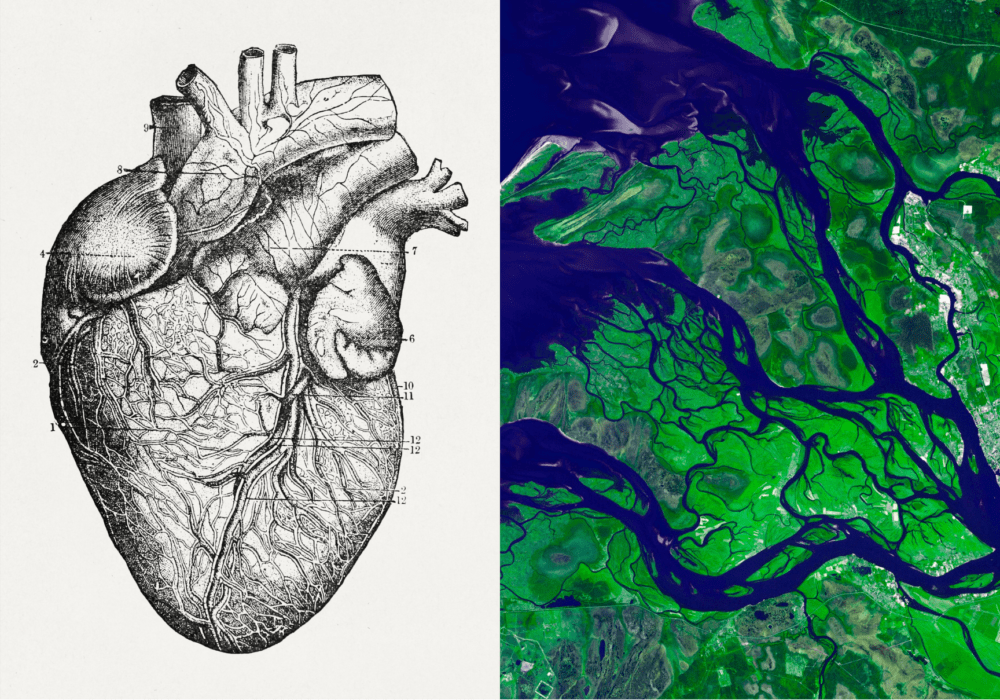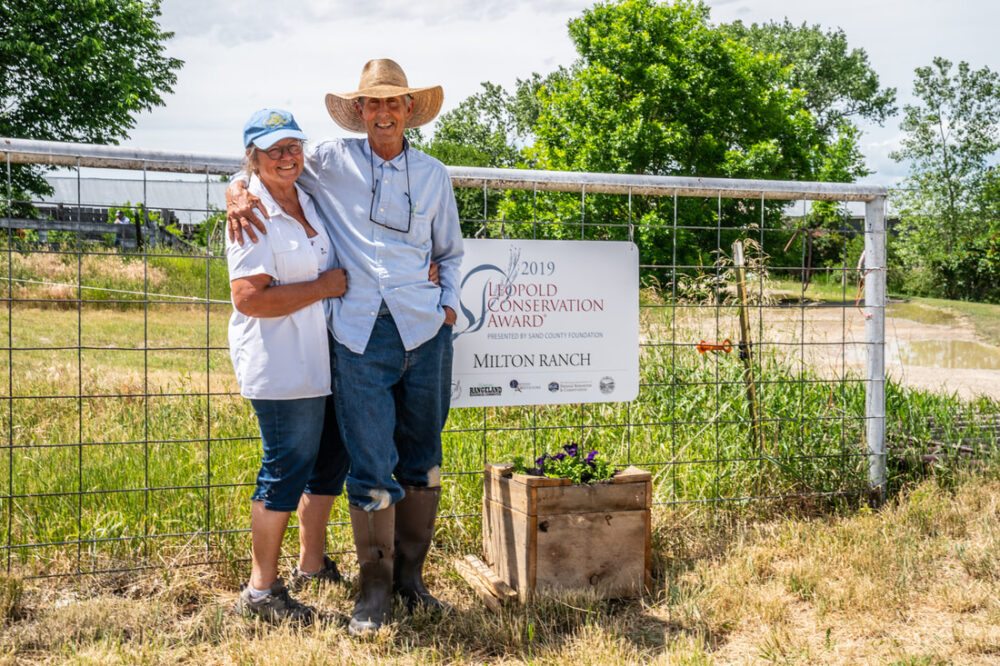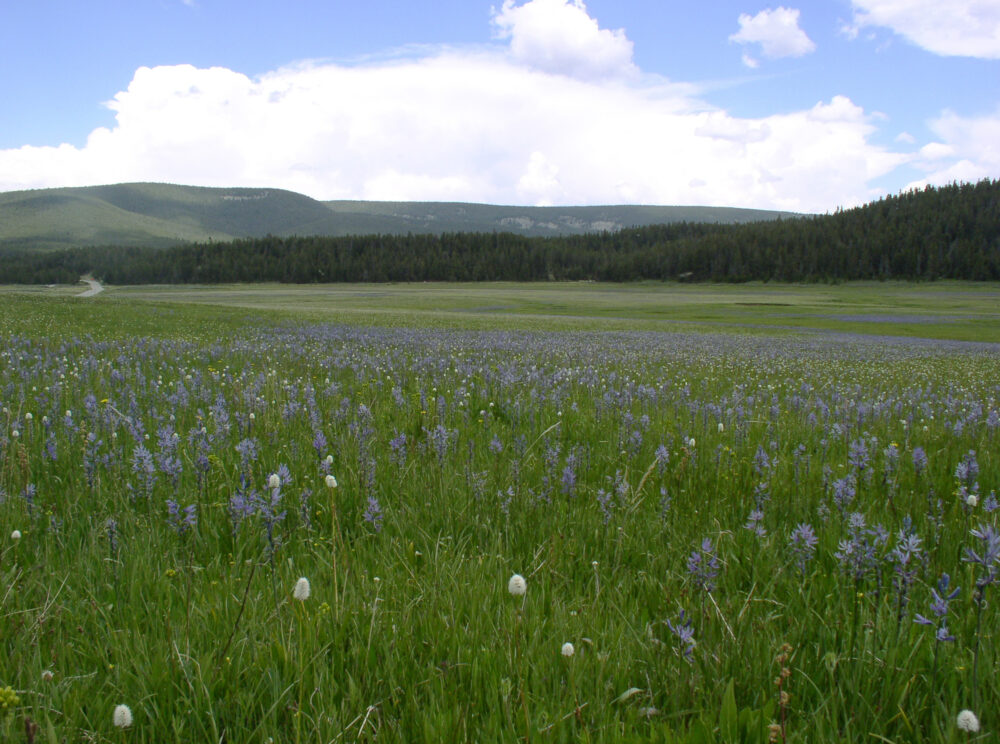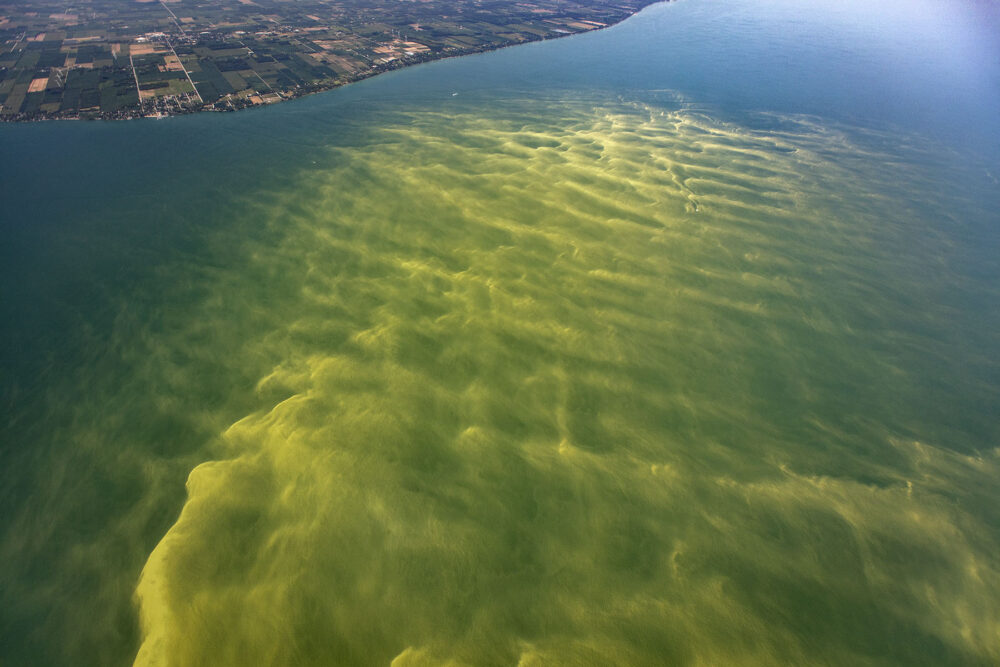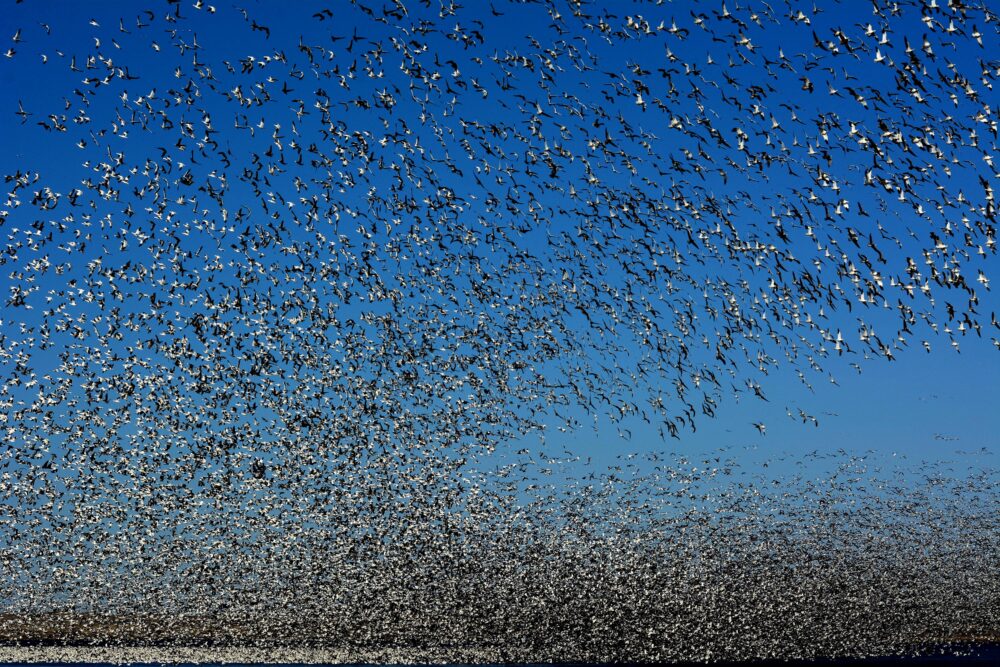We have much more to do and your continued support is needed now more than ever.
Heavy Rains, Runoff, Toxic to Wildlife
Lake Erie is experiencing a one-two punch of heavy rains and excess farm runoff that influences the magnitude of algae toxic to wildlife and humans.
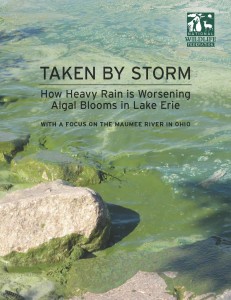
The report highlights storm “snapshots” of seasons with heavy rain — the type expected to be more frequent with climate change — and that season’s levels of farm runoff, and subsequent toxic algae blooms.
Why is it toxic if it’s algae? Why does excess farm runoff make a difference?
There is both good and bad algae.
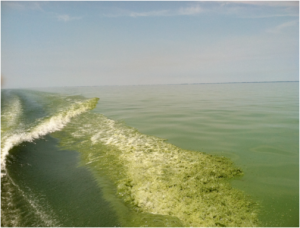
Climate Change and Heavy Rain
Wet springs, followed by dry summers are the perfect recipe for toxic algal blooms.
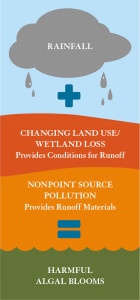
Additionally, the seasons are changing. Warm conditions in the late winter or early spring can cause rain on snow events, expanding the time period of runoff potential. Although we identify a few storm snapshots in this report, the wettest spring on record for Ohio produced a memorably massive harmful algal bloom in 2011. This is an alarming snapshot of disaster to Lake Erie if record-breaking rains and excess nutrient loads continue.
Scientists recently ran climate scenario models that show larger rain events of rainfall amounts of about 1.2 inches, have the potential to be twice as frequent over western Lake Erie basin.
Impacts on Wildlife

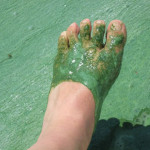
But this is Lake Erie, and I don’t live there
Lake Erie is a surrogate example of toxic events happening in other parts of our nation’s waters, including – the Mississippi River, Gulf of Mexico, and Chesapeake Bay. Keeping these waters clean of toxic runoff is highly important to our own health, and the health of wildlife.
Solutions
- Implement farm policy that incentives and assists farmers to apply fertilizer at the right time and the right rate. For example, applications on frozen ground or before a heavy rain will likely wash right off the land and into the waterways. Farmers can prevent fertilizer and money lost by considering any heavy rain in the forecast.
- Support wetlands restoration. Wetlands help filter excess runoff.
- Protect our communities from flooding events expected due to climate change.
- Reduce the chances of record-breaking rain by reducing global warming greenhouse gas emissions through transitioning to a clean energy economy.
Learn More and download Taken By Storm here!




